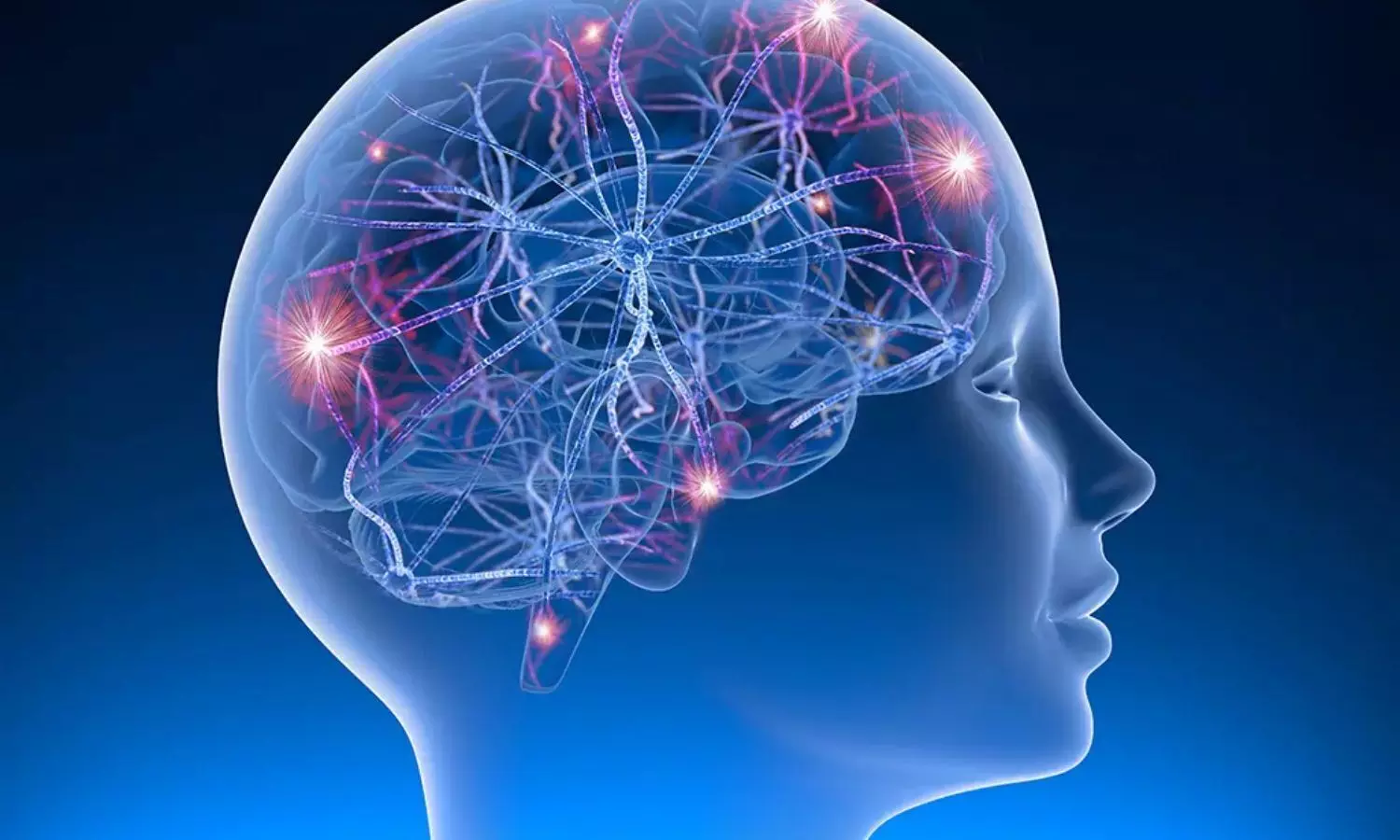Magnetic Seizure Therapy Preserves Cognition and Reduces Suicide Risk in Adolescent Depression: Study
- byDoctor News Daily Team
- 02 November, 2025
- 0 Comments
- 0 Mins

Researchers have found in a new study that magnetic seizure therapy (MST) is as effective as modified electroconvulsive therapy (MECT) in its antidepressant effects but more protective of cognition and with greater suicidality improvement in adolescents with major depressive disorder (MDD). The research emphasizes that MST not only relieves depressive symptoms but also preserves memory, orientation, and executive functions, cognitive domains which are usually disrupted by standard electroconvulsive procedures. The study was published in the journalRivista di Psichiatriaby Wei Wang and colleagues. Electroconvulsive treatment (ECT) has been a well-established treatment for severe depression for many years but carries the stigma of cognitive side effects, especially among teens with developing brains. Magnetic seizure therapy, a recently developed neuromodulation method, is designed to have similar antidepressant effectiveness with less cognitive dysfunction through the use of magnetic fields rather than electrical currents to produce therapeutic seizures. This prospective, assessor-blinded randomized controlled trial (ChiCTR2500098032) was conducted from March 1 to April 30, 2025, at the Shandong Mental Health Center. A total of 120 adolescents aged 13–18 years with clinically diagnosed MDD were randomized 1:1 to receive MST (n = 60) or MECT (n = 60). The main outcome was the percentage change in Beck Depression Inventory-II (BDI-II) scores. Secondary outcomes were cognitive performance measured by the Montreal Cognitive Assessment (MoCA) and its subdomains (memory, orientation, executive function), suicidality as measured with the Columbia-Suicide Severity Rating Scale (C-SSRS), and adverse events scored according to CTCAE 5.0. Measurements were conducted at baseline and 7 days following treatment, and the data were analyzed with repeated-measures ANOVA (RM-ANOVA), correlation, and Sobel mediation tests to examine the mediating role of cognitive changes in improving suicidality. Key Findings Participants: 120 adolescents with MDD (MST = 60; MECT = 60) Study period: March–April 2025 Primary outcome: BDI-II decrease (MECT greater, not statistically different for response rate) Cognitive performance: MST improved significantly MoCA total score, with gains on memory, orientation, and executive function in particular Suicidality: MST resulted in more improvement and higher rates of remission Mediation analysis: Improvement in cognition partially mediated suicidality decrease in MST group Safety: MST generated fewer side effects and shorter times for reorientation Trial registration: ChiCTR2500098032 The research concludes that MST has similar antidepressant effectiveness as MECT but with greater cognitive protection and enhanced safety for adolescents with major depressive disorder. These results make MST a viable therapeutic choice for adolescent depression that should be subjected to further long-term and multicenter studies to support its maintained efficacy and neurocognitive effects. Wang, W., Lu, Y., Mi, G. L., Li, X. J., Zhang, D. N., & Qi, S. F. (2025). Cognitive preservation advantage and efficacy balance of magnetic seizure therapy in adolescent Major Depressive Disorder: a randomized controlled trial revealing efficacy cognition decoupling phenomenon. Rivista di psichiatria, 60(5), 196–201.https://doi.org/10.1708/4583.45901
Disclaimer: This website is designed for healthcare professionals and serves solely for informational purposes.
The content provided should not be interpreted as medical advice, diagnosis, treatment recommendations, prescriptions, or endorsements of specific medical practices. It is not a replacement for professional medical consultation or the expertise of a licensed healthcare provider.
Given the ever-evolving nature of medical science, we strive to keep our information accurate and up to date. However, we do not guarantee the completeness or accuracy of the content.
If you come across any inconsistencies, please reach out to us at
admin@doctornewsdaily.com.
We do not support or endorse medical opinions, treatments, or recommendations that contradict the advice of qualified healthcare professionals.
By using this website, you agree to our
Terms of Use,
Privacy Policy, and
Advertisement Policy.
For further details, please review our
Full Disclaimer.
Recent News
Sleeping with Low Pillow Height May Increase Risk...
- 05 November, 2025
Novel Blood Test May Offer definitive diagnosis fo...
- 05 November, 2025
Esmolol Outperforms Landiolol in Reducing Mortalit...
- 05 November, 2025
Daily Newsletter
Get all the top stories from Blogs to keep track.


0 Comments
Post a comment
No comments yet. Be the first to comment!